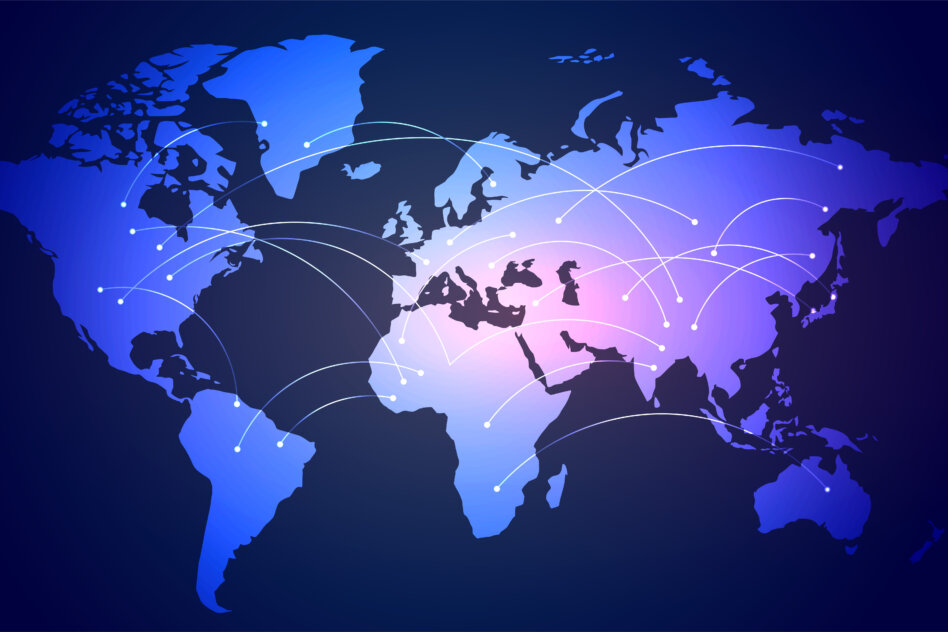Globalization has become one of the defining terms of the 21st century, influencing how businesses operate, how cultures interact, and how information flows across the globe. But what exactly does globalization mean—and why should language service providers care?
In this article, we’ll explore what globalization is, how it impacts businesses, its key advantages and drawbacks, and how Skrivanek approaches globalization through the lens of language and communication.
What Is Globalization?
Globalization refers to the increasing interconnectedness and interdependence of the world’s economies, cultures, and populations, brought about by cross-border trade, investment, technology, and the flow of information.
In practical terms, globalization means that a company in Germany can manufacture in Vietnam, sell in Brazil, and manage customer service from South Africa—often in multiple languages and cultures simultaneously.
From a linguistic perspective, globalization creates both opportunities and challenges: it requires businesses to communicate effectively across linguistic and cultural boundaries, ensuring their products and messages resonate with global audiences.
Why Is Globalization Important?
In a global economy, success increasingly depends on an organization’s ability to operate beyond domestic borders. Whether you’re expanding your product into new markets or building international partnerships, understanding globalization helps businesses:
- Increase revenue potential through market expansion.
- Enhance competitiveness by leveraging global talent and production.
- Build brand presence across cultures and continents.
- Adapt to innovation faster by staying in tune with global trends.
Globalization is no longer optional—it’s a strategic necessity.
Advantages of Globalization
Here are some of the most impactful benefits of globalization:
Access to New Markets
Businesses can reach international customers, increasing their sales potential and brand recognition.
Economies of Scale
Global production and sourcing often reduce costs and improve profit margins.
Cultural Exchange
Globalization fosters understanding, innovation, and collaboration across cultures.
Talent Mobility
Companies can tap into a diverse global talent pool, gaining access to specialized skills and insights.

Disadvantages of Globalization
Despite its benefits, globalization also poses certain challenges:
Loss of Cultural Identity
Homogenization of culture may lead to a diminished sense of local heritage and language.
Labor Exploitation
In pursuit of lower production costs, companies may engage in unethical labour practices.
Economic Disparities
While some countries benefit, others may be left behind, widening global inequality.
Complex Communication
Cross-cultural misunderstandings, mistranslations, and language barriers can hinder success.
The Skrivanek Perspective: Language as the Key to Meaningful Globalization
At Skrivanek, we view globalization not just as a commercial strategy, but as a communication challenge. Language is more than words—it carries culture, nuance, and emotion. Without skilled localization and cultural adaptation, a message that works in one country may fall flat in another.
We believe that successful globalization requires:
- Culturally sensitive translation, not just literal language conversion.
- Localized content that reflects regional norms, legal frameworks, and consumer behaviour.
- AI-enhanced tools that speed up translation while preserving human oversight for accuracy and relevance.
- Ongoing linguistic consulting to help brands stay aligned with diverse target audiences.
Global expansion without a clear communication strategy is a risk. With Skrivanek, your message speaks the world’s language.
